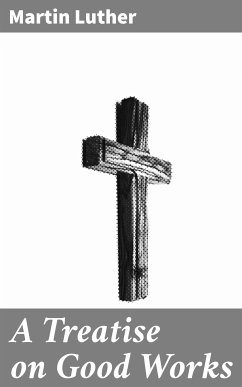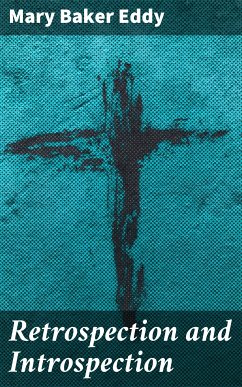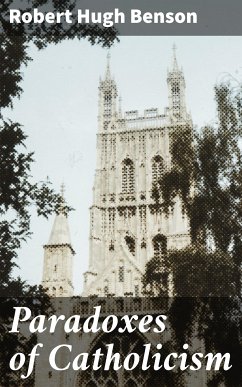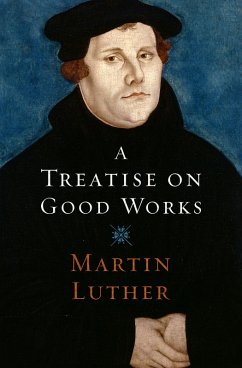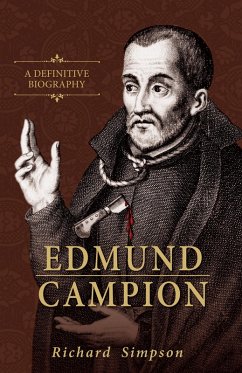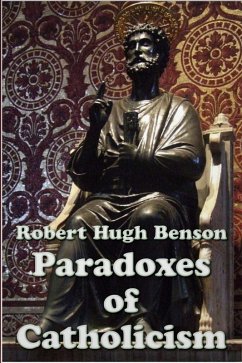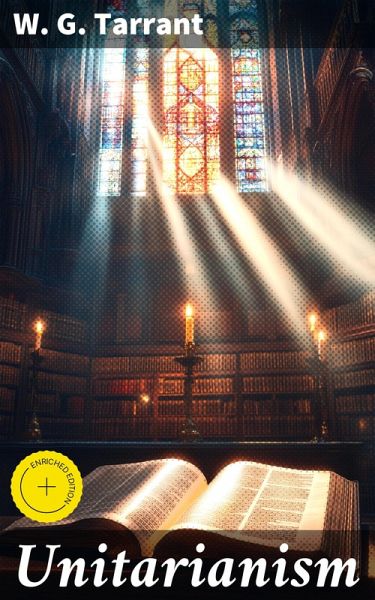
Unitarianism (eBook, ePUB)
Enriched edition. Exploring the Unity of God and Individual Conscience in Unitarian Theology
Kommentar: Whitfield, Cassidy / Redaktion: Good Press
Versandkostenfrei!
Sofort per Download lieferbar
1,99 €
inkl. MwSt.
Weitere Ausgaben:

PAYBACK Punkte
0 °P sammeln!
In "Unitarianism," W. G. Tarrant offers a comprehensive exploration of Unitarian thought and its philosophical underpinnings within the broader context of religious evolution. The book deftly navigates historical developments while employing a narrative style that blends rigorous analysis with accessible prose. Tarrant dissects key theological debates and the nuanced distinctions that define Unitarian beliefs, particularly regarding the nature of divinity and the interpretation of scripture, situating them against the backdrop of the Enlightenment and modernity, which both challenged and shape...
In "Unitarianism," W. G. Tarrant offers a comprehensive exploration of Unitarian thought and its philosophical underpinnings within the broader context of religious evolution. The book deftly navigates historical developments while employing a narrative style that blends rigorous analysis with accessible prose. Tarrant dissects key theological debates and the nuanced distinctions that define Unitarian beliefs, particularly regarding the nature of divinity and the interpretation of scripture, situating them against the backdrop of the Enlightenment and modernity, which both challenged and shaped religious orthodoxy. W. G. Tarrant, a noted scholar in the field of religious studies, draws from his extensive background in theology and philosophy to shed light on Unitarianism's radical departure from traditional doctrines. His academic pursuits are deeply rooted in a commitment to fostering interfaith dialogue and understanding. Tarrant's lifelong engagement with questions of faith and reason informs his analysis, compelling him to articulate a vision of Unitarianism that emphasizes rational inquiry and moral integrity as foundational to spiritual practice. "Unitarianism" is recommended for readers interested in the intersections of religion, philosophy, and history. Tarrant's meticulous scholarship and insightful perspectives make this work an indispensable resource for students, scholars, and anyone seeking to comprehend the complexities of religious thought in an increasingly pluralistic society. In this enriched edition, we have carefully created added value for your reading experience: - A succinct Introduction situates the work's timeless appeal and themes. - The Synopsis outlines the central plot, highlighting key developments without spoiling critical twists. - A detailed Historical Context immerses you in the era's events and influences that shaped the writing. - An Author Biography reveals milestones in the author's life, illuminating the personal insights behind the text. - A thorough Analysis dissects symbols, motifs, and character arcs to unearth underlying meanings. - Reflection questions prompt you to engage personally with the work's messages, connecting them to modern life. - Hand-picked Memorable Quotes shine a spotlight on moments of literary brilliance. - Interactive footnotes clarify unusual references, historical allusions, and archaic phrases for an effortless, more informed read.
Dieser Download kann aus rechtlichen Gründen nur mit Rechnungsadresse in A, B, BG, CY, CZ, D, DK, EW, E, FIN, F, GR, H, IRL, I, LT, L, LR, M, NL, PL, P, R, S, SLO, SK ausgeliefert werden.




